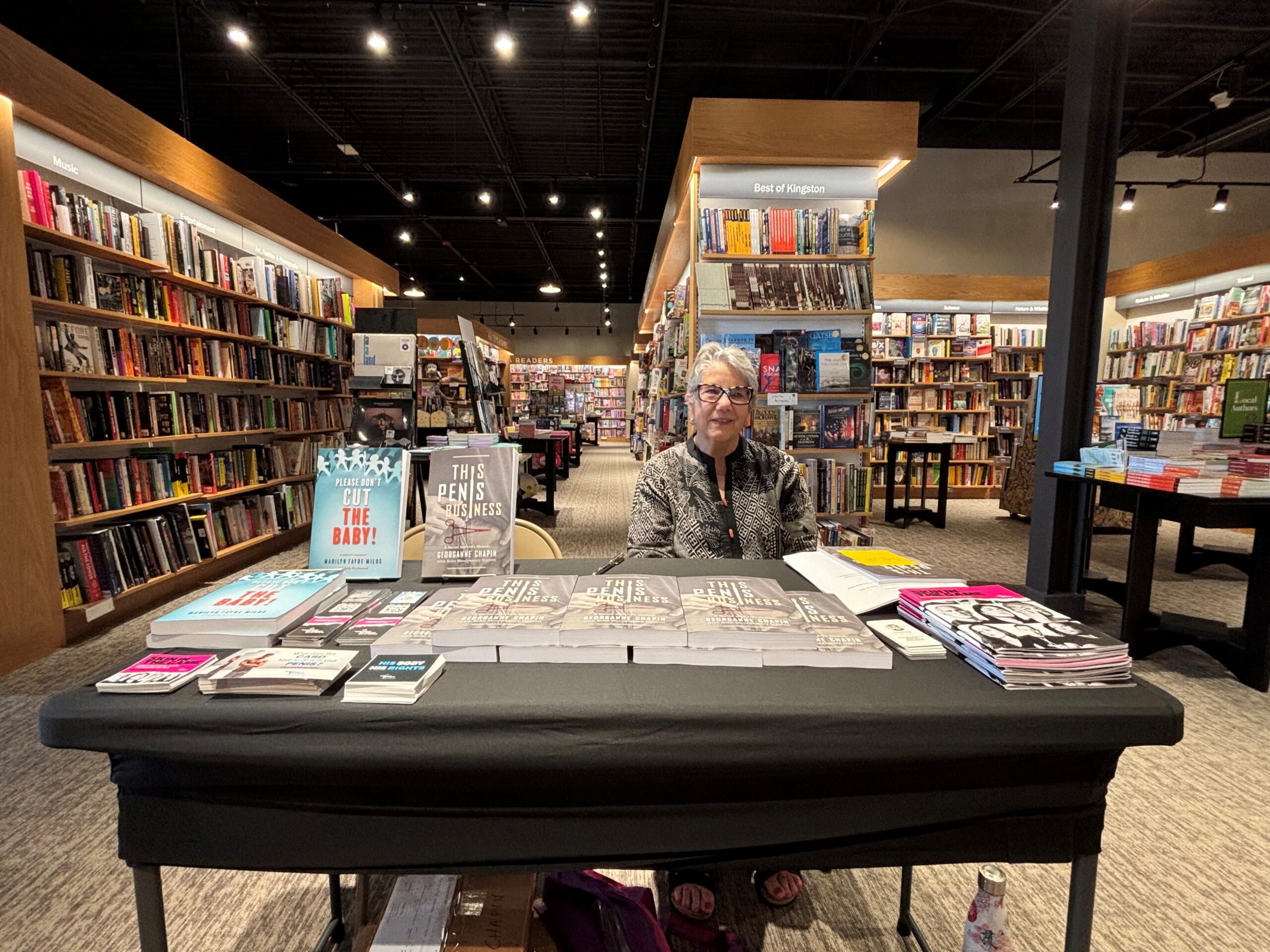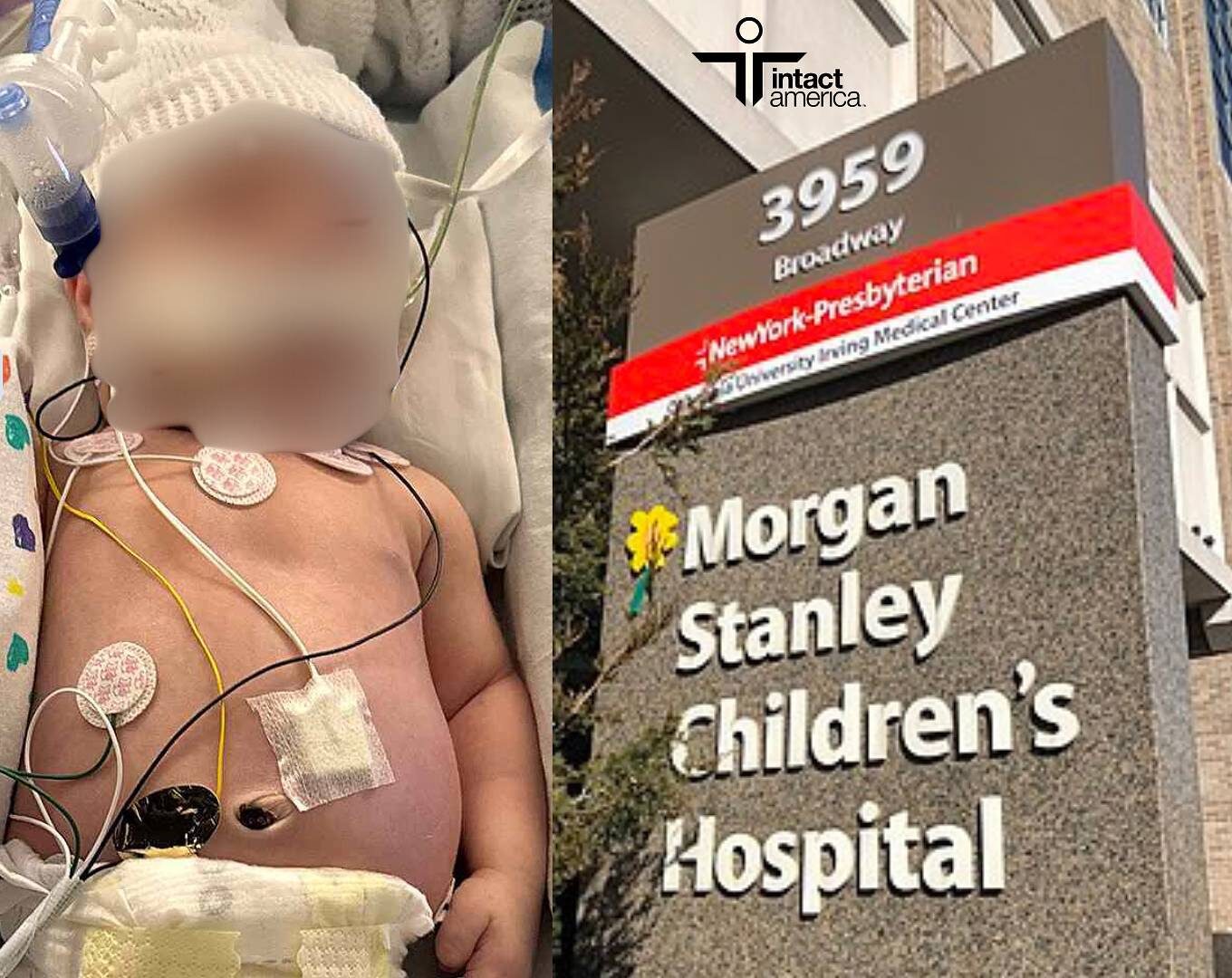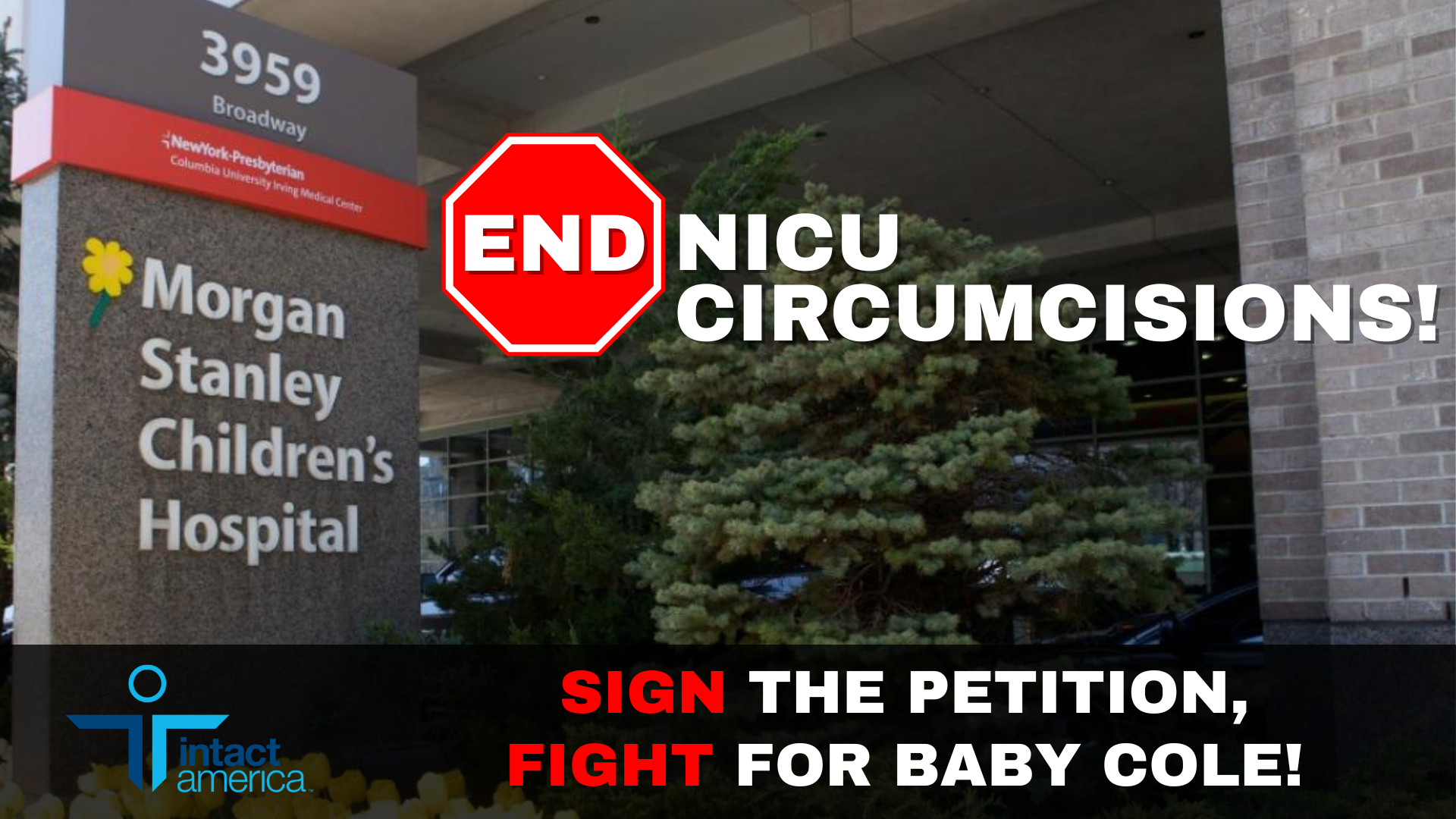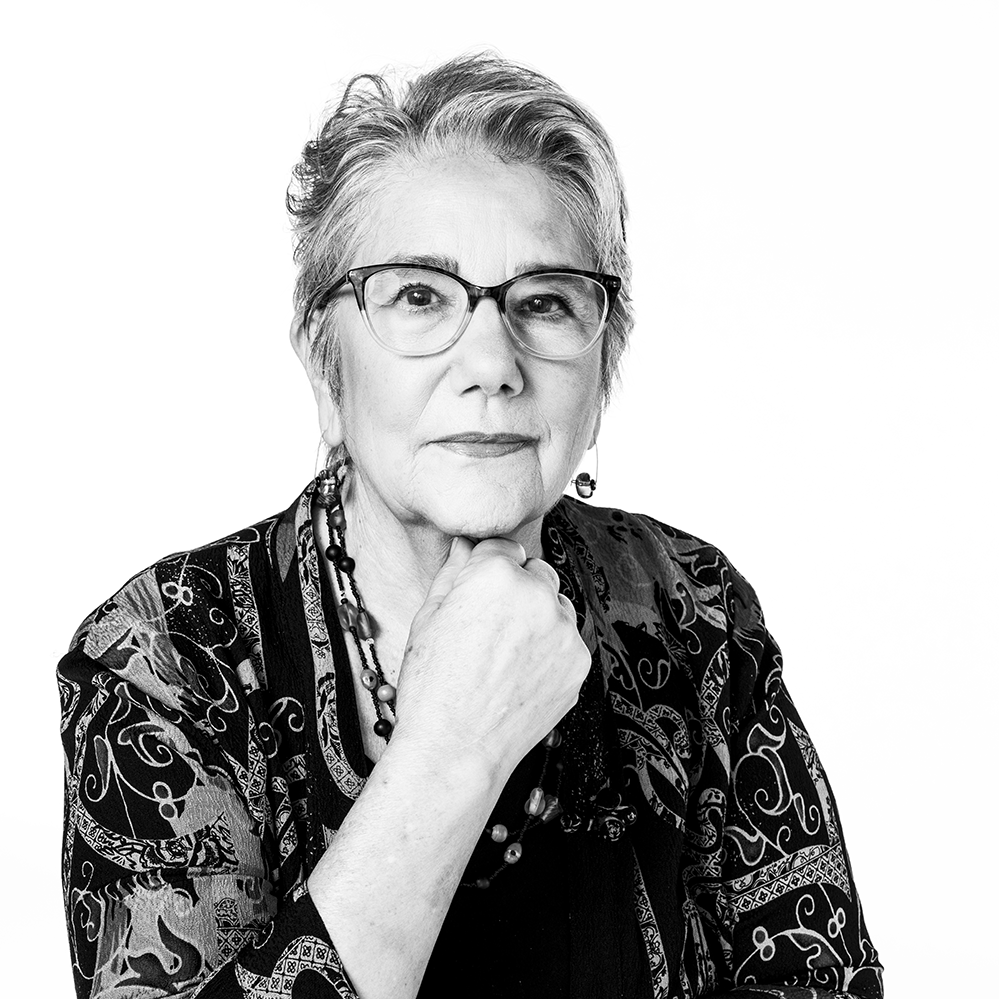This month, two important pieces appeared in Pediatrics, the official journal of the American Academy of Pediatrics (AAP). The first is by a group of Danish researchers who found in a large study in Denmark — a society where the foreskin is treated as a valuable body part — that only four out of a thousand intact boys might require circumcision later in childhood. The second is a commentary by Dr. Andrew Freedman, a pediatric urologist who was a member of the AAP’s 2012 Task Force on Circumcision.
Dr. Freedman acknowledges the widespread criticism of American doctors’ routine removal of boys’ foreskins, by physicians and ethicists abroad and by “anticircumcision activists.” Remarkably, he admits that the medical reasons for circumcision are not compelling, and says that parents are the ones who should make this permanent, most intimate decision for their infant sons, based on their own (the parents’) “religion, culture, aesthetic preference, familial identity, and personal experience.” He says the AAP subscribes to the “best interest of the child” ethical principle, despite the fact that this standard is not applicable when there is no medical problem requiring intervention of any kind.
Also remarkably, Freedman addresses “anticircumcision activists” directly, with this advice: “[R]ather than directing an angry focus on the negative and the courts, your efforts would be better spent to educate and promote the prepuce positively, to win in the court of public opinion, and to change the culture, so as to make having a foreskin the ‘popular thing to do’.” (“The courts” presumably refers to the 2011 San Francisco ballot initiative that would have banned medically unnecessary circumcision of children; the initiative was thwarted by opposition from religious groups and the American Civil Liberties Union.)
We’re way ahead of you, Dr. Freedman! That’s what Intact America is doing — promoting the prepuce positively! And we’re making progress. We just wish that the AAP wouldn’t make our work so difficult, by continuing to promote circumcision as though it were a medically useful and legitimate procedure, and by advocating for Medicaid and private insurance to pay for this cosmetic surgery.
All that said, we’re happy to know that our movement is on the AAP’s radar.
By Georganne Chapin





